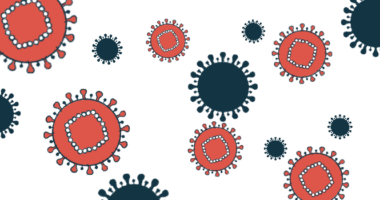Albireo Hosts NYC Breakfast to Discuss A4250 Therapy for Pediatric Liver Diseases

Boston-based Albireo Pharma hosted an April 13 breakfast presentation in New York that featured an overview of the company’s clinical programs as well as a talk by pediatric liver specialist Philip Rosenthal, MD, about the current treatment landscape and unmet needs in pediatric care.
Rosenthal is director of pediatric hepatology and medical director of the pediatric liver transplant program, at the University of California San Francisco (UCSF).
Albireo develops novel bile acid modulators to treat rare pediatric liver diseases and other liver and gastrointestinal disorders. At the meeting, the company presented promising results of a completed Phase 2 clinical trial (NCT02630875) assessing its drug A4250 in children with liver cholestasis.
When bile flow is disrupted, bile acids accumulate in the liver. That can lead to cholestatic liver diseases, which destroy the bile ducts and cause liver damage. A4250 is an ileal bile acid transporter (IBAT) inhibitor that acts locally in the gut, reducing the risk of systemic side effects and unwanted drug interactions. Albireo is developing A4250 to treat progressive familial intrahepatic cholestasis (PFIC), among other conditions.
IBATs mediate the uptake of bile acids from the small intestine to the liver, a process known as enterohepatic circulation. Typically, this process recirculates 95 percent of bile acids to the liver. A4250 inhibits this process, leading to less bile acid returning to the liver. IBAT inhibition has also been shown to decrease LDL cholesterol and increase GLP1 secretion — which is linked to decreased insulin resistance — as well as to decrease inflammation and fibrosis markers in the liver.
High cholesterol, insulin resistance, increased liver inflammation and fibrosis are all key characteristics of non-alcoholic steatohepatitis (NASH), making IBAT inhibition an additional promising approach for treating this condition.
Both the U.S. Food and Drug Administration and the European Medicines Agency have granted A4250 orphan drug designation for PFIC.



